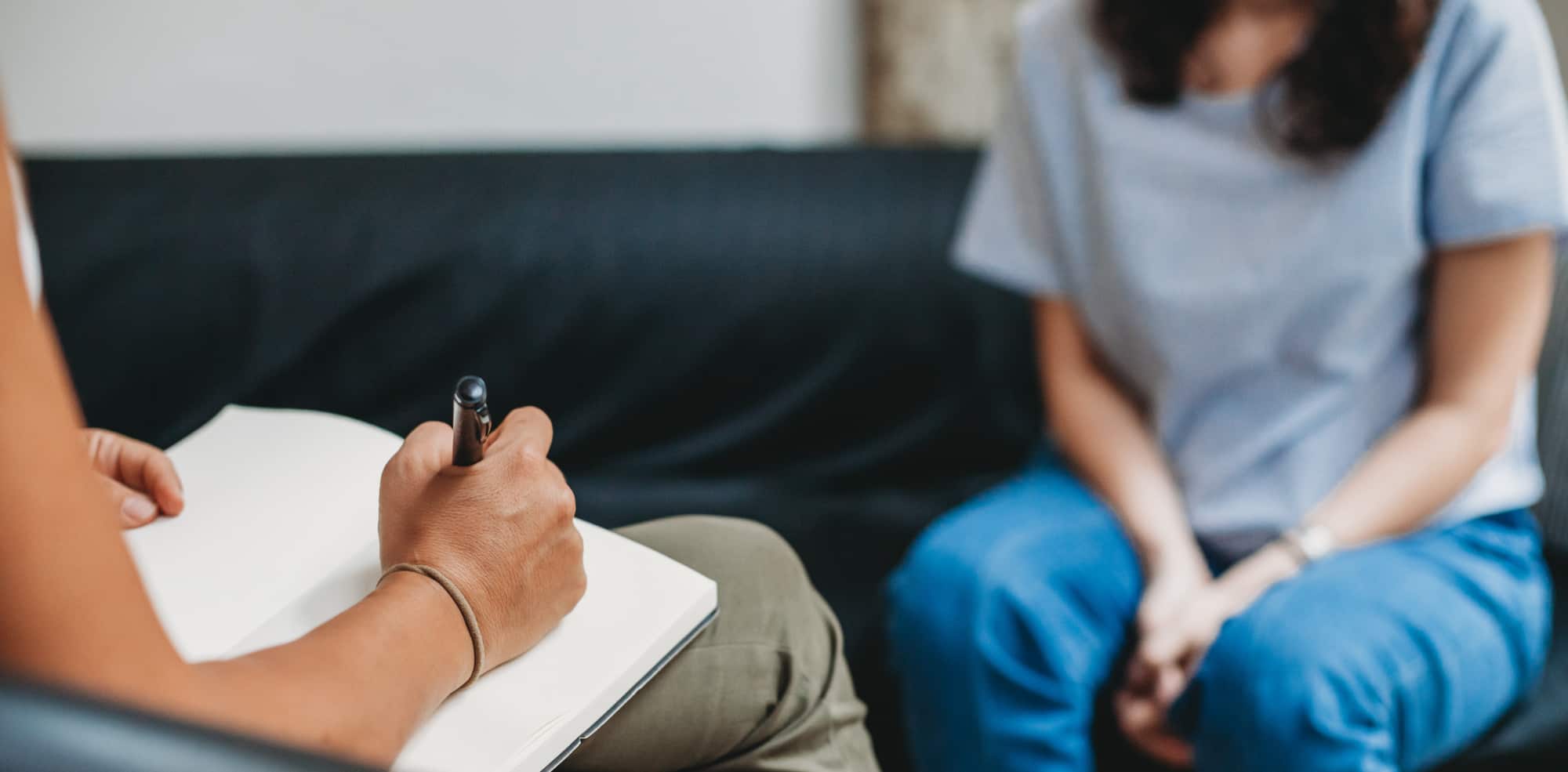At around three weeks sober, many people feel caught between two worlds. The chaos has quieted, but the quiet can feel risky. You’ve done the hardest part—stopping. Now comes the harder question: how do you stay stopped? At Peninsula Health Center’s Intensive Outpatient Program in Palos Verdes, CA, we often hear from people right where you are—still standing, but wondering if it’s enough to just hold on.
What Is an Intensive Outpatient Program?
An Intensive Outpatient Program (IOP) is a structured treatment option designed for people who don’t need 24/7 supervision but do need more than an occasional meeting. IOP blends clinical support with flexibility—you can maintain your job, show up for family, and build a recovery foundation without checking out of your life.
If you’re looking for an Intensive Outpatient Program in Los Angeles, CA or nearby, it helps to know what’s included: group therapy, individual counseling, skill-building workshops, and sometimes family involvement. All in manageable weekly sessions.
Why Early Recovery Feels Like a Balancing Act
The first 30 days are often about physical stability. You sleep better, you eat again, the shakes might stop. But mentally, it can feel like tiptoeing on glass. You don’t want to break what you’ve rebuilt—but you know white-knuckling isn’t a long-term strategy. This is where IOP becomes invaluable: structured guidance, emotional tools, and a space to unpack the mental load without upending your life.

Alt text: common struggles in early sobriety
How IOP Bridges the Gap Between Crisis and Stability
A lot of people wait until things fall apart before asking for help. You don’t have to. IOP is designed to catch people early—before relapse, before emotional burnout. At Peninsula Health Center, many IOP clients tell us, “This is where I learned to actually live sober, not just survive.”
Common struggles in early sobriety that IOP can help support:
- Mental Whiplash: Your body feels better, but your brain is still on edge—mood swings, overthinking, and unpredictable emotions make it hard to relax.
- Loneliness & Social Awkwardness: Old drinking buddies feel unsafe, new sober connections aren’t there yet, and being around people often feels isolating.
- Fear of Slipping Without a Safety Net: Confidence is shaky, cravings might still sneak in, and without structure, every day can feel like walking a tightrope without a harness.
Think of it like scaffolding: it holds you steady while you build something stronger beneath you.
Community Without Chaos
One of the biggest fears after detox or early sobriety is isolation. You’ve stopped drinking, but your social circle hasn’t. IOP offers a different kind of community—one that doesn’t pull you back into old habits. It’s a place to connect with people who get it, without the drama of full-time inpatient care.
Our Intensive Outpatient Program in South Bay, CA welcomes individuals looking for genuine support without sacrificing personal freedom.
Skills That Actually Help in the Real World
In IOP, you’re not just sitting in circles talking about feelings. You’re learning how to handle cravings, set boundaries, manage stress, and repair relationships. Early sobriety doesn’t come with a guidebook—but IOP gets pretty close. It equips you for living, not just abstaining.
Why Timing Matters in Early Recovery
Twenty days is a milestone—but it’s also a fragile window. This is when patterns get set. Choosing to invest in structured care now can be the difference between feeling like you’re barely hanging on and feeling like you’ve got traction.
Is Intensive Outpatient IOP Right for You?
If you’ve ever thought, “I’m not in crisis, but I’m not fully okay,” you’re not alone—and you’re not wrong. IOP is exactly for people who want to stay ahead of the spiral. Whether you need extra structure, more tools, or simply a place to be real about recovery, it’s worth considering.
Ready to take the next step? Call (866)934-8228 or visit our Intensive Outpatient Program services in Palos Verdes, CA page to learn more. You don’t have to do this alone—and you don’t have to wait for things to get worse.






